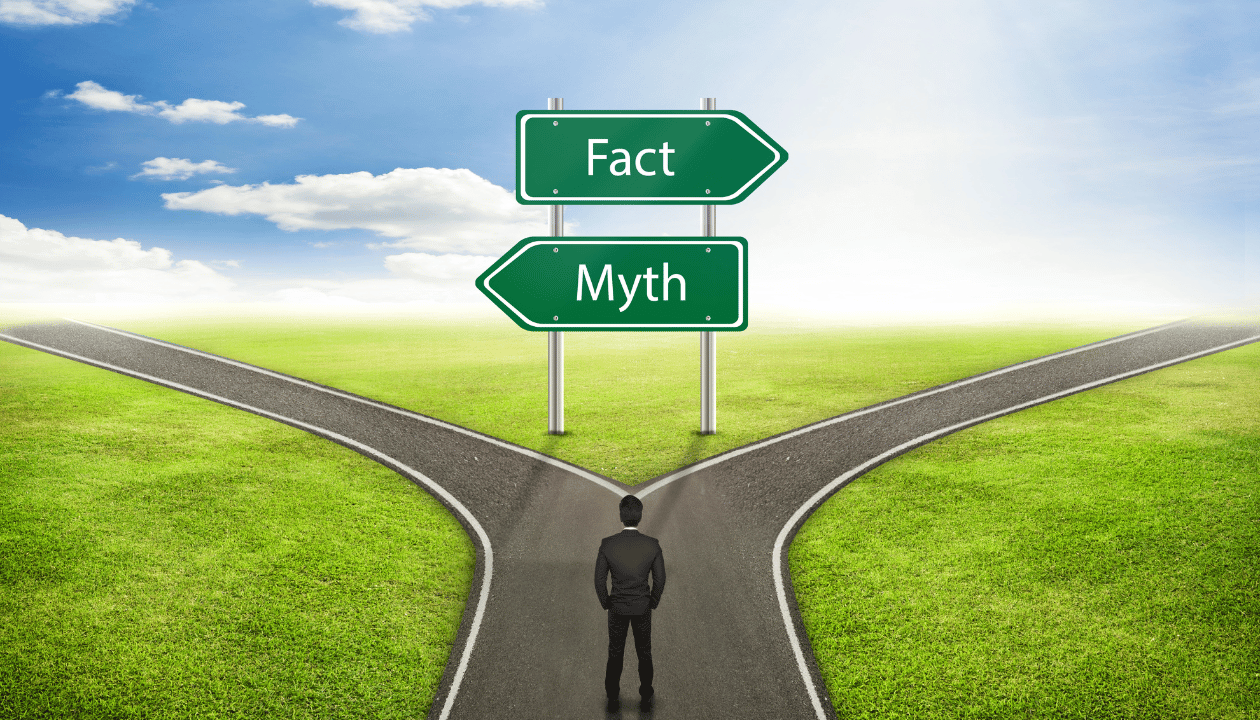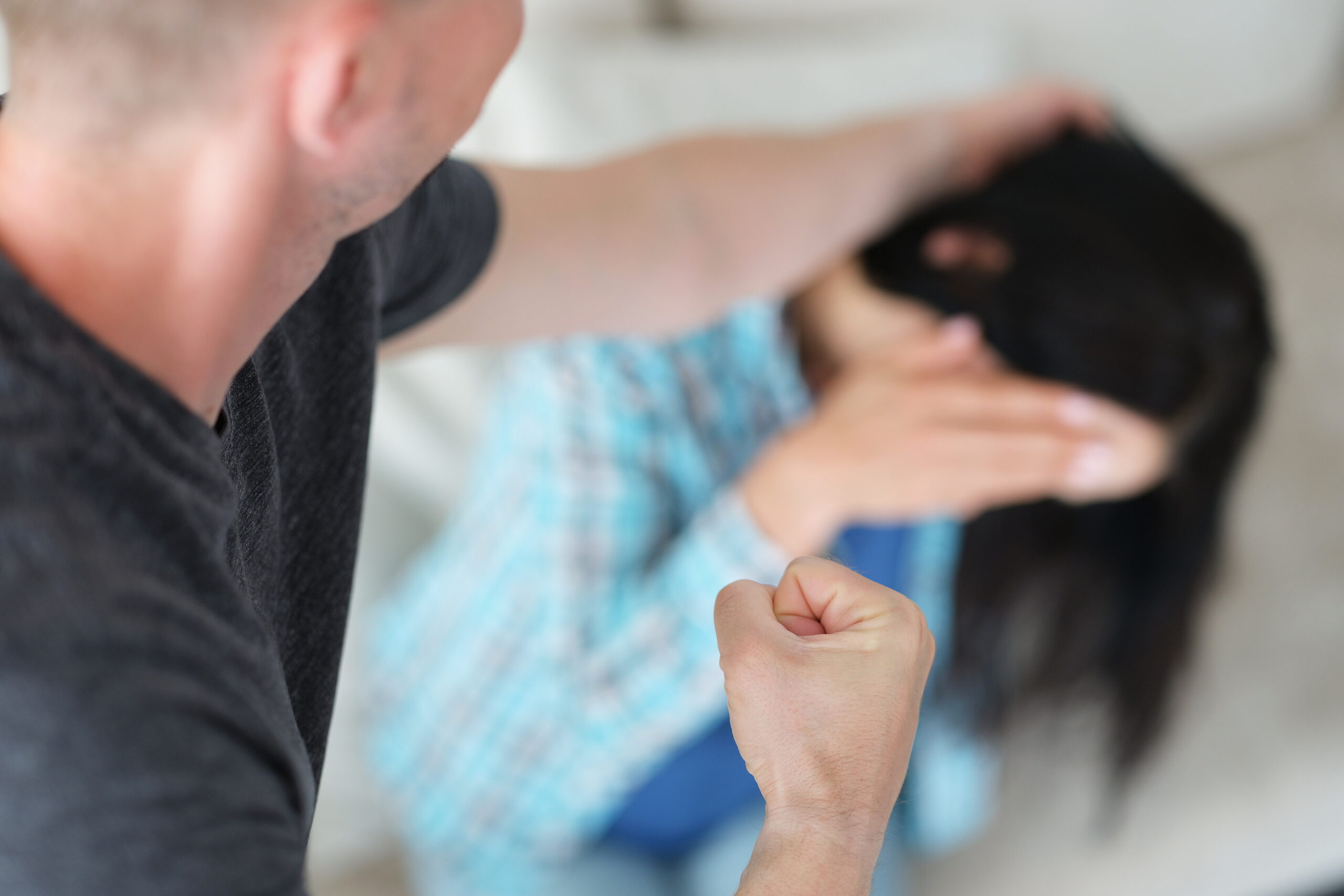The Violence Against Women Act (VAWA) offers crucial protection for survivors of domestic abuse, but misinformation about this law can create confusion and fear.
Many people believe myths that prevent them from seeking the help they need, or misunderstand who qualifies for VAWA’s protections.
Understanding the truth about VAWA is essential to empower survivors, regardless of gender or background, and help them access safe, legal pathways to permanent residence and stability.
This article separates fact from fiction, addressing common myths about VAWA to clarify your rights and options under U.S. immigration law.
Myth 1: VAWA is Only for Women
Many believe the Violence Against Women Act (VAWA) protects only women, but this is not true. VAWA offers protections to all survivors of abuse, regardless of gender. Men, transgender individuals, and others subjected to domestic violence, emotional abuse, or financial control can qualify for VAWA relief.
The 2013 reauthorization explicitly extended protections to LGBTQ+ survivors, recognizing their unique vulnerabilities. This law creates a path to safety and lawful permanent residence for anyone meeting its criteria. Understanding that VAWA is inclusive helps more survivors access the legal protections and support they need.
Myth 2: You Must Have a Police Report to Qualify for VAWA
It’s a common misconception that a police report is mandatory to file a VAWA self-petition. While a police report can be helpful evidence, it is not required. Many survivors avoid law enforcement for fear, cultural reasons, or safety concerns.
Immigration law acknowledges this reality and allows other types of credible evidence to establish abuse, such as medical records, affidavits from friends or counselors, restraining orders, or declarations describing the abuse.
The key is to submit enough reliable proof demonstrating the abuse and your relationship with the abuser. Consulting an immigration attorney can help identify the strongest evidence to submit.
Myth 3: VAWA Protects Only Women
Many believe that VAWA protections are exclusively for women, but this is not true. While the Violence Against Women Act was originally created to address violence against women, it now protects all survivors of abuse, regardless of gender.
Immigrant men, transgender individuals, and others subjected to domestic violence, extreme cruelty, or abuse by a U.S. citizen or lawful permanent resident spouse, parent, or child can qualify for VAWA relief. This inclusive protection helps all victims access work authorization, lawful permanent residence, and safety from their abusers.
Myth 4: You Need a Police Report to Qualify for VAWA
It’s a common misconception that a police report is mandatory to prove abuse under VAWA. While a police report can support your case, many survivors don’t file one due to fear, cultural barriers, or safety concerns.
Immigration law accepts alternative evidence such as medical records, affidavits from witnesses, restraining orders, and detailed personal declarations describing abuse. USCIS evaluates the totality of evidence, not just police reports. Consulting an immigration attorney can help ensure you submit the strongest and most complete documentation.
Myth 5: Only Women Qualify for VAWA Protections
Many believe VAWA is exclusively for women, but that’s not true. VAWA protects all survivors of abuse, including immigrant men and other family members who have experienced physical, emotional, or extreme cruelty.
The law allows abused spouses, children, and parents of U.S. citizens or lawful permanent residents to file a VAWA self-petition independently. This provides a pathway to legal status and work authorization, no matter the victim’s gender. Recognizing this helps more survivors access vital protection and rebuild their lives safely.
Myth 6: Filing a VAWA Petition Guarantees Immediate Green Card Approval
It’s a common misconception that filing a VAWA petition automatically leads to green card approval. In reality, a VAWA self-petition is just the first step in a longer process. USCIS thoroughly reviews your petition, verifying evidence of abuse, your relationship to the abuser, and your good moral character.
The process may include background checks and requests for additional evidence, which can extend the timeline. Approval depends on meeting all immigration law requirements. Patience and strong legal support are essential for a successful outcome.
Myth 7: Only Women Can File VAWA Petitions
Many believe that only women can file VAWA petitions, but this is not true. VAWA protects all survivors of domestic violence, regardless of gender. Immigrant men, transgender individuals, and others who have experienced abuse by a U.S. citizen or lawful permanent resident spouse, parent, or child can qualify.
The law recognizes various forms of abuse, including physical violence, emotional abuse, and financial control. This inclusive approach ensures all victims have access to legal protections and can file a VAWA self-petition to seek relief and stability.
Myth 8: Filing a VAWA Petition Automatically Prevents Deportation
A common misconception is that simply filing a VAWA petition stops deportation immediately. While filing can trigger deferred action, which offers temporary relief and work authorization, it does not guarantee permanent protection from removal.
USCIS must review the petition and approve it before full protection applies. Without strong supporting evidence and legal guidance, petitioners may still face deportation risks. It’s crucial to work with an immigration attorney who understands the complexities of immigration law and can help strengthen your case to avoid deportation.
Reference: USCIS Policy Manual
USCIS on VAWA Self-Petition
Understanding the Truth Behind Common Myths About VAWA
The Violence Against Women Act (VAWA) provides vital protections to survivors of abuse, but misinformation often stands in the way of accessing these benefits. It’s important to understand that VAWA applies to all survivors, regardless of gender, and does not require a police report to qualify.
The process is detailed and may take time, but with proper evidence and legal support, survivors can gain access to safe, legal pathways toward permanent residence. Dispelling these myths empowers victims to take the necessary steps to rebuild their lives free from fear and abuse.
Take the Next Step Toward Safety and Stability
If you or someone you know is facing abuse and needs help navigating the VAWA self-petition process, don’t wait. At The Chidolue Law Firm, we specialize in guiding survivors through every step of this journey.
Our experienced immigration attorneys will help you prepare a strong petition, gather necessary evidence, and advocate for your rights. Contact us today for compassionate, skilled legal support to secure a safer future.
📞 407-995-6567 | 678-325-1037
💬 WhatsApp: 404-333-8751
We represent clients in all 50 states and are here to help you move forward with confidence.



